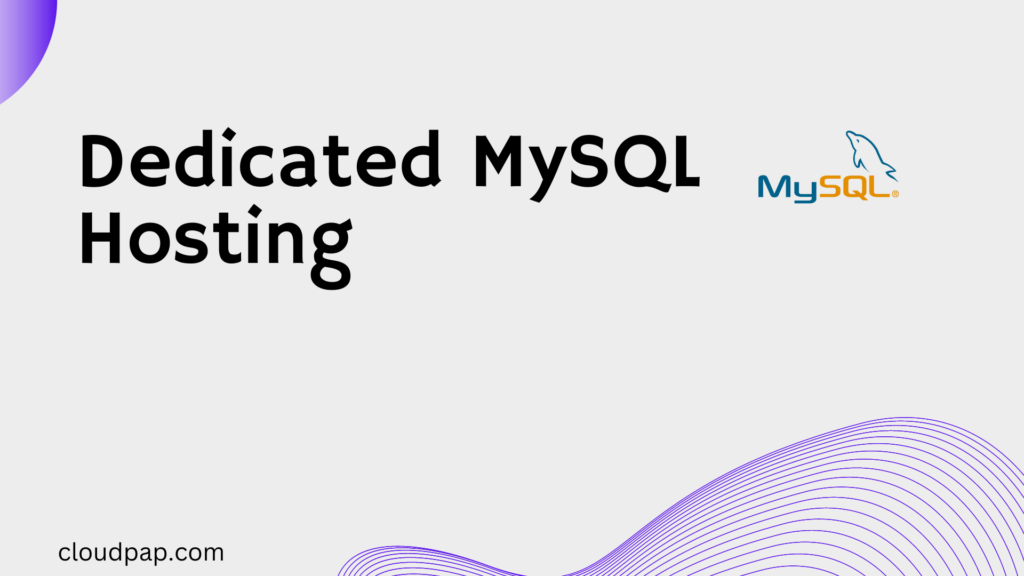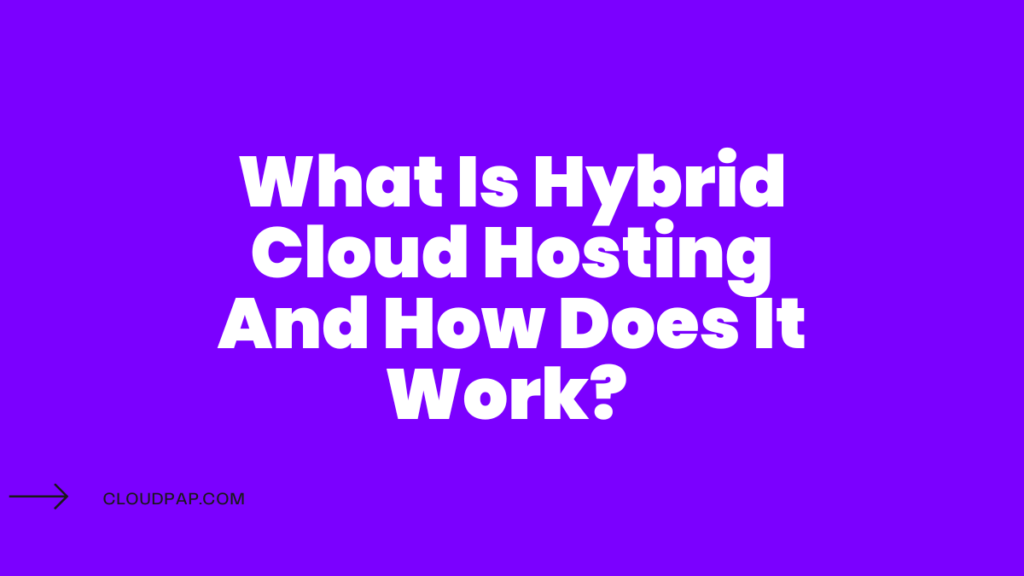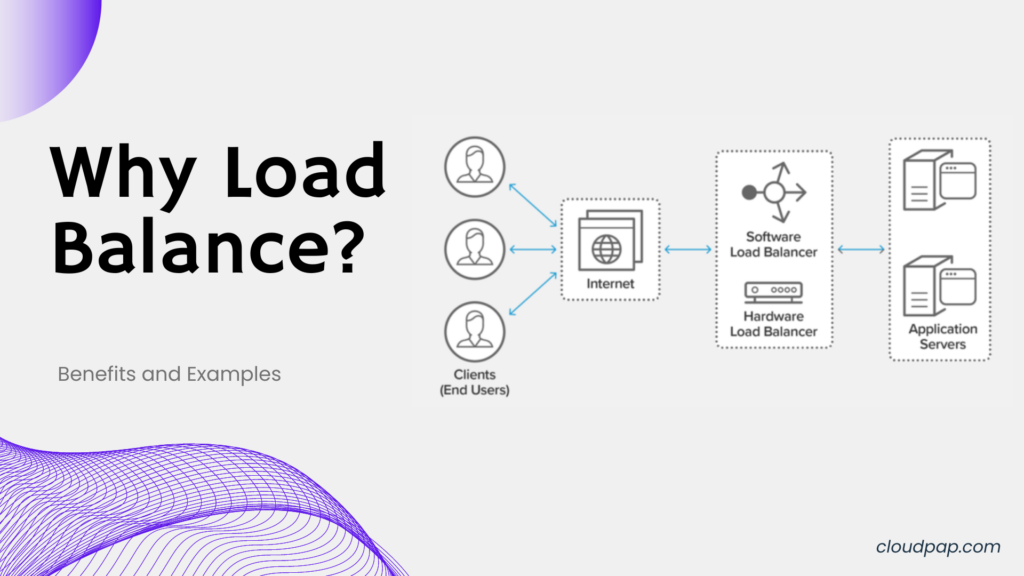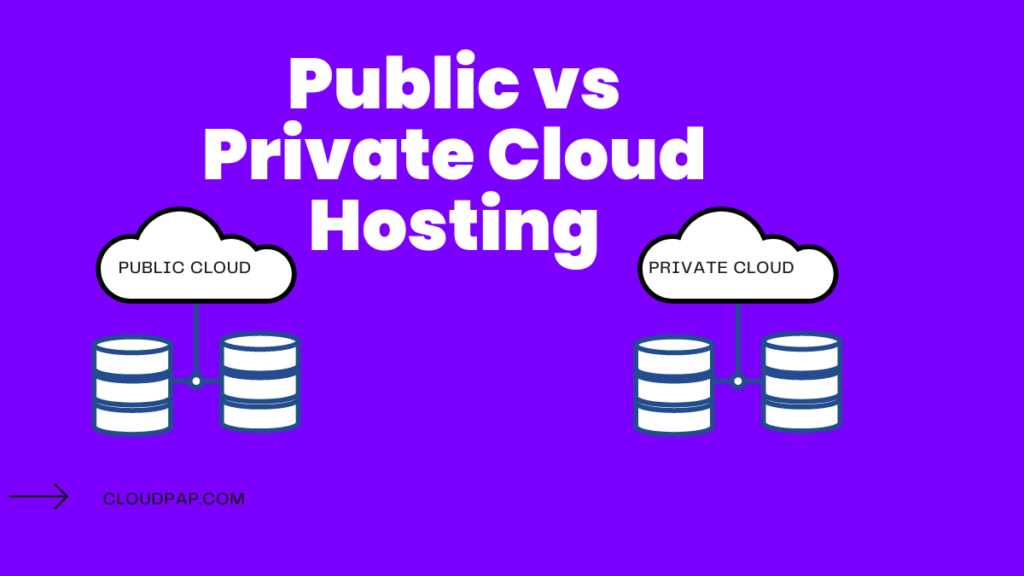Hybrid cloud hosting is an emerging technology that provides a powerful and efficient way for businesses to access, store, and use their data.
It is a combination of public cloud services and private on-premise resources.
And can be beneficial for many businesses as it offers an array of advantages such as flexibility, scalability, cost savings, increased security, improved disaster recovery capabilities and more.
So, in this article, we will explore the 7 key benefits companies can experience from using hybrid cloud hosting solutions.
1. Cost Savings
When it comes to hosting, businesses can choose on-premise servers or cloud hosting.
Hybrid cloud hosting offers a combination of both that can save money and increase flexibility for businesses.
And cost savings come from combining the two options, as businesses benefit from the scalability of cloud resources and can still keep their most important data hosted on-premise.
Doing this eliminates the need to buy new hardware every time a business needs change or grow, saving costs in the long run.
And get this; by only paying for services that are used rather than a flat fee, hybrid cloud hosting allows businesses to manage their IT budget better while ensuring they have enough resources when needed.
2. Improved Efficiency
Hybrid cloud hosting provides businesses with improved efficiency in multiple ways.
The first major benefit is the faster deployment of applications and services.
Since you are leveraging both public and private clouds, your startup can more quickly deploy services without waiting on the availability of hardware or software resources.
And then there’s the cloud hosting load balancing capabilities.
This means applications run smoothly regardless of how many users access them at any time.
Of course, not forgetting that hybrid cloud hosting greatly reduces downtime as it allows organizations to access resources when needed instantly.
The result?
Your operations remain uninterrupted even in the event of an outage.
Altogether, these perks add up to increased efficiency and productivity, which leads to greater success in the long term.
3. Security
Everyone is looking for a secure environment to host their business!
And Hybrid cloud offers the perfect answer.
Since both public and private clouds work together, multiple levels of authentication are needed to access data stored in either.
This makes it difficult for hackers to access sensitive information or disrupt operations by taking down an entire server system at once.
Above all, hybrid clouds provide a backup and disaster recovery capabilities in case something does go wrong with the primary servers or networks.
Companies can quickly recover from disruptions without having to recreate their systems from scratch.
4. Improved Reliability
The fourth benefit of hybrid cloud hosting for businesses is improved reliability.
You see, Hybrid cloud hosting allows companies to keep a portion of their data on a private cloud server, while utilizing the public cloud infrastructure for other applications or tasks.
This provides organizations with greater availability of resources, as they are able to use the power of both servers at once.
And by having more options available in terms of resources and technology, businesses can better manage workloads and reduce their risk of outages.
Not to mention, considering the majority of applications are run on the public cloud infrastructure, any issues or glitches experienced there will not affect the private server; therefore ensuring that mission-critical operations remain unaffected.
5. Simplified Management
Management can get messy very quickly!
It is not about ‘if’ but ‘when!’
And that’s where the hybrid cloud comes in handy.
You see, this cloud hosting comes with the automation of complex processes.
This means that your company can streamline its management of resources.
And the result?
Simplified the business’s process by reducing the time and effort needed to complete tasks.
In addition, it allows for more accurate tracking and monitoring of resources as well as better predictive analytics for future planning.
Moreover, hybrid cloud hosting offers scalability and resource allocation flexibility.
The two come in handy when your business needs to adjust its usage according to changing needs without worrying about over-provisioning or under-provisioning resources.
And then there’s the distributed deployment which provides greater control over workloads and helps improve cost efficiency.
This alone ensures that only what is necessary is allocated when needed, resulting in reduced costs overall.
6. Flexibility
Talking for flexibility, the ability to leverage different platforms and technologies allows organisations to scale resources as needed and tailor their IT infrastructure to their specific needs.
Businesses can also create a hybrid IT environment combining public, private, and on-premise solutions into one unified platform.
With such a setup, your organization can take advantage of the cost savings associated with public clouds while maintaining control over critical data in its own secure environment.
Hybrid cloud hosting also allows businesses to respond quickly to changing market conditions and customer demands.
You can adjust resource allocations in real time without investing in expensive hardware or software upgrades.
This helps them save significant costs while still delivering high-performance services at all times.
Final Thoughts
As businesses continue to grow, the need for reliable cloud hosting solutions grows as well.
Hybrid cloud hosting offers many benefits that can help businesses achieve their goals.
With scalability and flexibility, a hybrid cloud can save time and money while providing a secure data storage and management platform.
Your business can also benefit from enhanced performance, improved disaster recovery capabilities, better control over resources, and increased data storage security.
Overall, hybrid cloud hosting is an ideal solution for many businesses.
This includes small-to-medium-sized business owners who want to take advantage of the powerful features offered by public clouds without sacrificing their ownership or control over company resources.






